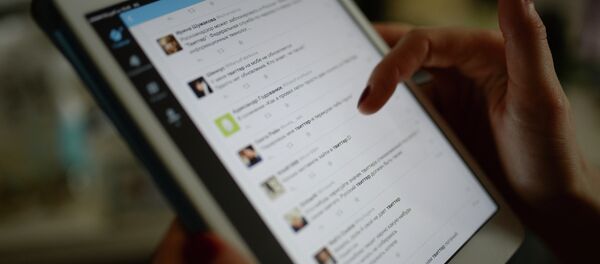Though the term "selfitis" has been tossed around since 2014, there was originally little scientific evidence to back it up. Now, however, researchers from Nottingham Trent University in England and Thiagarajar School of Management in Madurai, India, have established a selfitis scale based on six factors they determined were shared by people obsessed with documenting their faces.
The researchers evaluated a group of 400 people from India to determine whether they shared motivating factors that caused them to take selfies. India was chosen because it has both the highest number of Facebook users and the highest number of deaths from people trying to take selfies from risky locations.
The research team discovered six motivating factors shared among those with "selfitis": the desire to increase confidence, seek attention, boost mood, make memories, conform with their social group and participate in social competition. They created a Selfitis Behavior Scale (SBS) to assess the severity of different cases of the supposed disorder.
The scale runs from one to 100 and was used on the group of participants in India. The cases were categorized into three different categories: borderline, acute and chronic. Borderline was defined as those who take photos of themselves at least three times a day but do not post them on social media; acute was defined as those who take selfies at least three times a day and post the photos on social media; and chronic participants were those who had the uncontrollable, obsessive urge to take photos of themselves and post them on social media all the time.
"Initially, focus group interviews with 225 Indian university students were carried out to generate potential items [or motivations] for the SBS," the study, which was published in the International Journal of Mental Health and Addiction last month, explains.
"The SBS was then validated using 400 Indian university students via exploratory factor analysis (EFA). Six factors were identified in the EFA comprising environmental enhancement, social competition, attention seeking, mood modification, self-confidence and social conformity," the study explained.
A few years ago, a fake story circulated online claiming that selfitis was considered a mental disorder by the American Psychiatric Association.
"Whilst the story was revealed to be a hoax, it didn't mean that the condition of selfitis didn't exist. We have now appeared to confirm its existence and developed the world's first Selfitis Behavior Scale to assess his condition," Nottingham Trent University professor Mark Griffiths said, news.com.au reported.
Griffiths' colleague, Dr. Janarthanan Balakrishnan, also added that, "typically, those with the condition suffer from a lack of self-confidence and are seeking to fit in with those around them, and may display symptoms similar to other potentially addictive behaviors."
The research team hopes that additional research will be conducted to determine why people develop this behavior and how they can be helped.
However, Mark Salter, a spokesperson for the Royal College of Psychiatrists, rejected the findings.
"There is a tendency to try and label a whole range of complicated and complex human behaviors with a single word. But that is dangerous because it can give something reality where it really has none," Salter said, the Telegraph reported.



